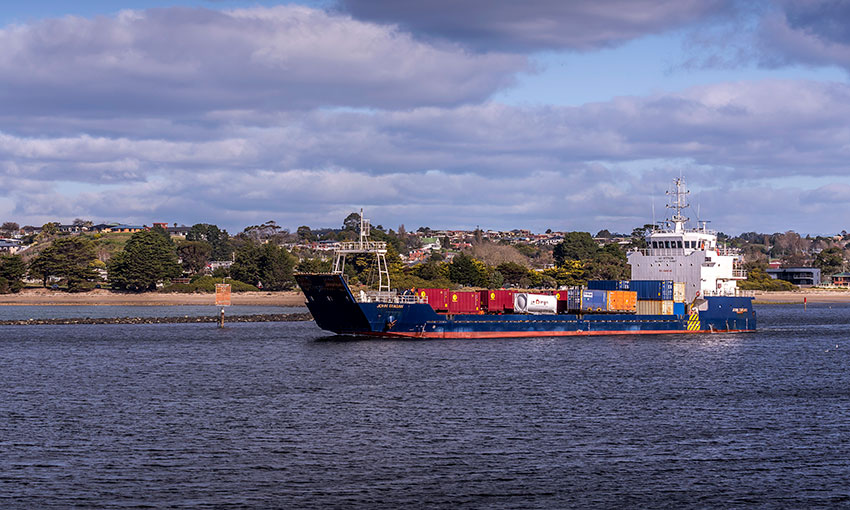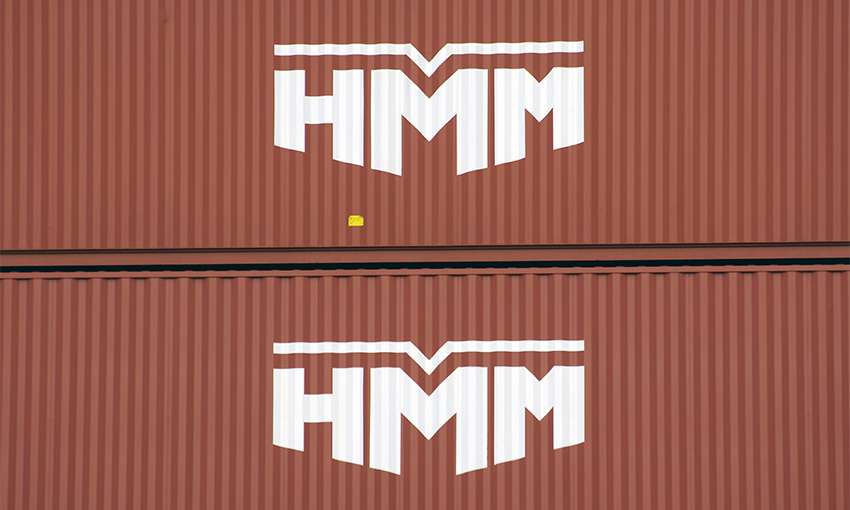TASPORTS has reported an increase in freight volumes for its Bass Island Line shipping service, and a financial loss of $2.2 million.
BIL carried almost 25% more tonnes of freight in 2021-22 compared to the previous financial year, according to TasPorts.
The corporation’s latest annual report indicates 42,792 tonnes of freight was transported on BIL vessel John Duigan during the reporting period, up from 34,296 tonnes in 2020-21.
Twenty-foot equivalent units increased from 2500 last financial year to 3258 this year.
In regard to the shipping service’s financial loss, BIL chairman Stephen Bradford said the $2.2 million figure was a significant improvement compared to a $4.4 million loss in 2020-21.
“While the after-tax result was positively impacted by the recovery of $1.1 million from a prior year insurance claim, the support the service is receiving from cargo owners after the restructure is gratifying.”
Mr Bradford said BIL said the increase in freight volumes indicated the weekly shipping service is important to the community on King Island.
BIL transitioned to a weekly service between King Island and Devonport in March this year and introduced a transhipping service between Devonport and Victoria.
The corporation said in its annual report that the service had come under “significant financial pressure” in previous years, with inefficient cargo volumes impacting the frequency of vessel use.
“This new service is clearly meeting the needs of our customers with the significant increase in freight carried,” Mr Bradford said.
“In the final quarter of 2021/22, the average number of TEU carried increased to 1307, an increase of 723 TEU or 123% compared to the same quarter in 2020/21.
“Shipping services and connections are ultimately determined by the needs of the cargo owner.
“The strong preference of cargo owners for a Tasmanian-focused service was demonstrated by a decline in direct cargo volumes to and from Victoria and the rapid take-up of the Devonport call.”
Mr Bradford said the transition to Devonport as the Tasmanian port call had also enabled BIL to resume livestock transport.





